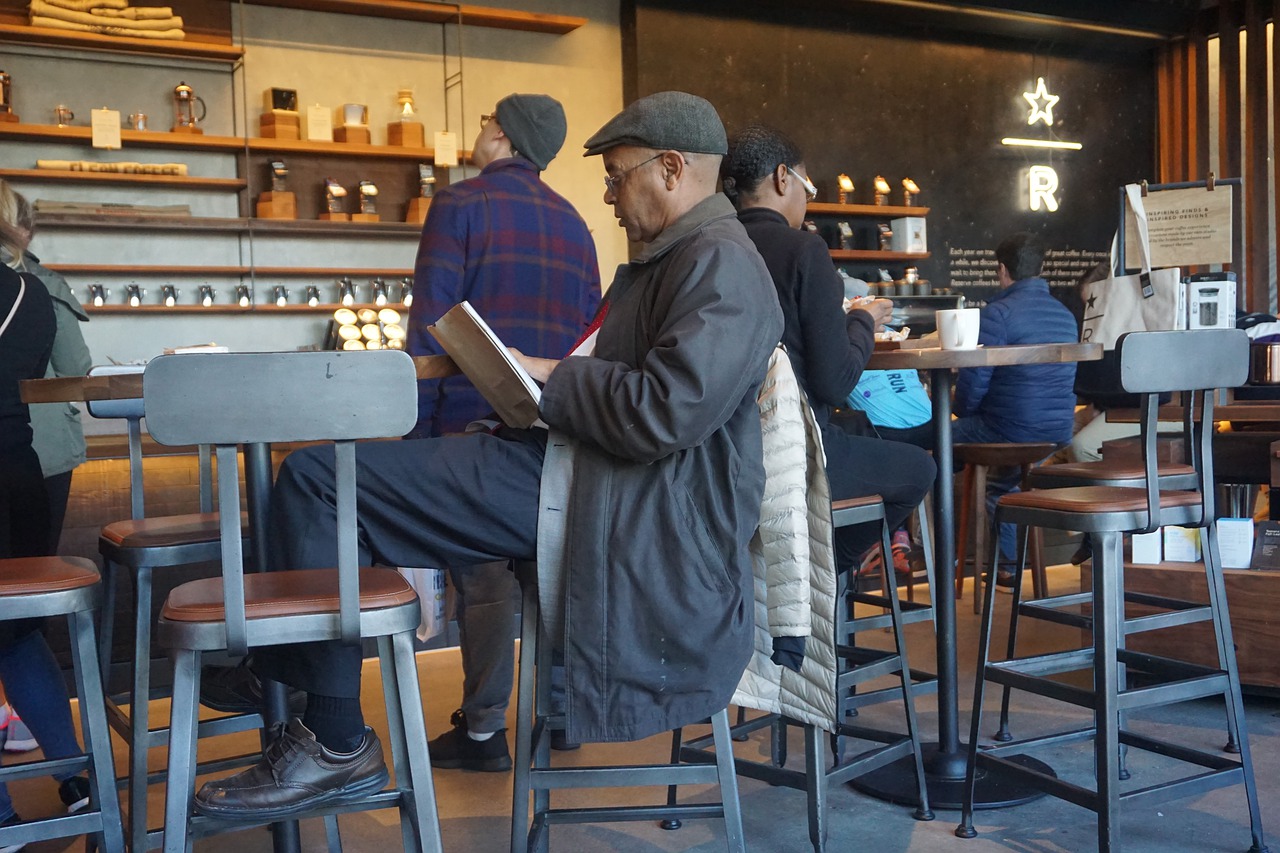
Starbucks has reversed its position on prohibiting its baristas to support the “Black Lives Matter” movement by wearing apparel, including T-shirts and pins.
Coffee giant Starbucks has decided to allow its employees to wear Black Lives Matter apparel until new branded shirts that contain the phrase are delivered to them.
Previous stance
Earlier this week, the company publicly expressed its support towards the Black Lives Matter movement on its social media channels but released an internal memo prohibiting Starbucks employees to do the same. However, it reversed its decision on Friday.
The memo stated that Starbucks won’t allow employees to wear "Black Lives Matter" material because "there are agitators who misconstrue the fundamental principles of the 'Black Lives Matter' movement -- and in certain circumstances, intentionally repurpose them to amplify divisiveness."
The company then encouraged staff to wear apparel celebrating LGBTQ rights for Pride Month, which it handed out to baristas.
According to employees, the memo was circulated after several of them raised the question to corporate leaders. They pointed out that the Pride Month paraphernalia was allowed because it's company-sanctioned, and that Black Lives Matter pins or T-shirts haven’t been distributed by Starbucks yet.
Change of heart
A Starbucks spokesperson previously explained that the policy was enforced because it was necessary "to create a safe and welcoming" environment.
However, in a publicly shared letter to employees announcing the new T-shirt design, Starbucks wrote: "This movement is a catalyst for change, and right now, it's telling us a lot of things need to be addressed so we can make space to heal."
The firm added that it’s "critical to support the 'Black Lives Matter' movement as its founders intended and will continue to work closely with community leaders, civil rights leaders, organizations, and our partners to understand the role that Starbucks can play, and to show up in a positive way for our communities."
In 2018, Starbucks temporarily shut down 8,000 company-owned cafes and asked its 175,000 employees to learn and train about racism after a white employee called the police on two black customers.
In full-page newspaper ads, Starbucks Chairman Howard called the incident “reprehensible”.
Companies and Black Lives Matter movement
The nationwide and international protests sparked by the death of George Floyd in police custody prompted companies, including Starbucks, to express their support towards the fight against racial injustices.
In a tweet, the coffee giant pledged to donate $1 million to organizations "promoting racial equity and more inclusive and just communities."
In its press website, Starbucks has also posted a story featuring a cafe damaged by vandals during a protest and how its employees continued to serve coffee to other business owners, journalists, first responders and protestors.
Meanwhile, IBM announced that it will stop providing biased facial recognition technology for “mass surveillance or racial profiling”. The tech giant wrote a letter to the US Congress, saying AI systems used in law enforcement needed to be tested “for bias”.
In the letter, IBM chief executive Arvind Krishna claimed that the “fight against racism is as urgent as ever”, identifying three areas where the company wanted to work with Congress. These are police reform, responsible use of technology, and broadening skills and educational opportunities.
On the other hand, e-commerce firm Amazon said it will temporarily stop providing police forces its facial recognition technology for a year amid criticism about the firm’s efforts in fighting systemic racism.
According to the company, it made the decision to implement a one-year moratorium on the use of Amazon Rekognition to give Congress time to “implement appropriate rules” for police use of facial recognition algorithms, which the US government has found are often more likely to misidentify people of color.






